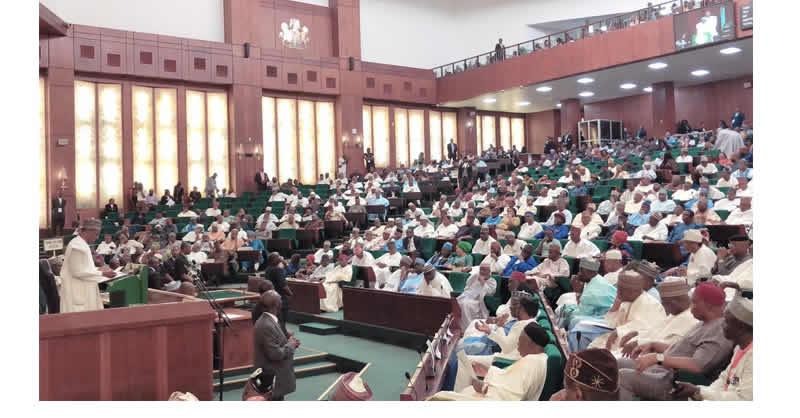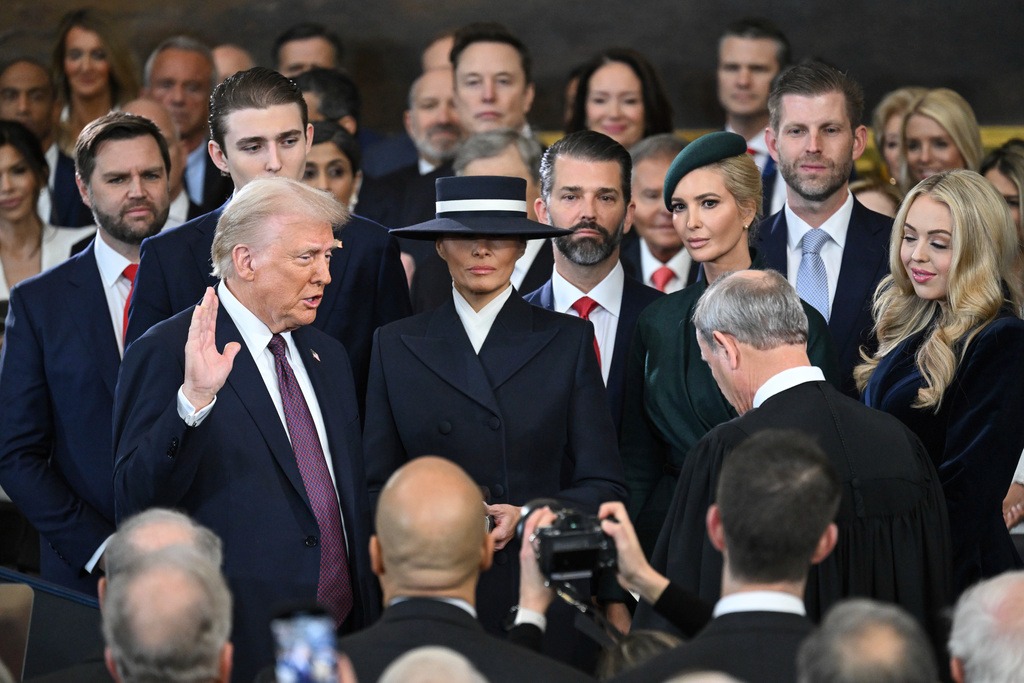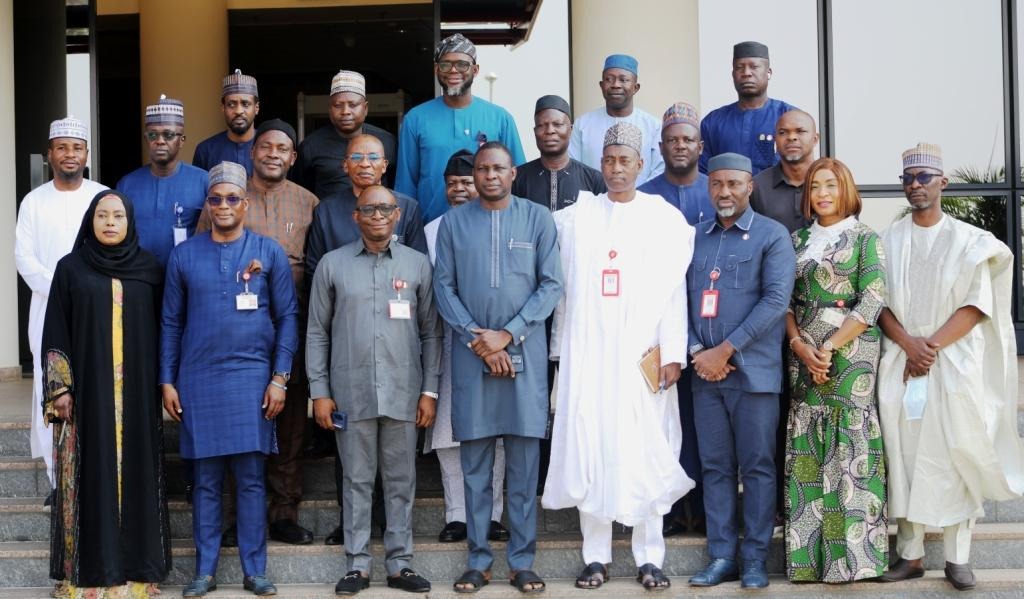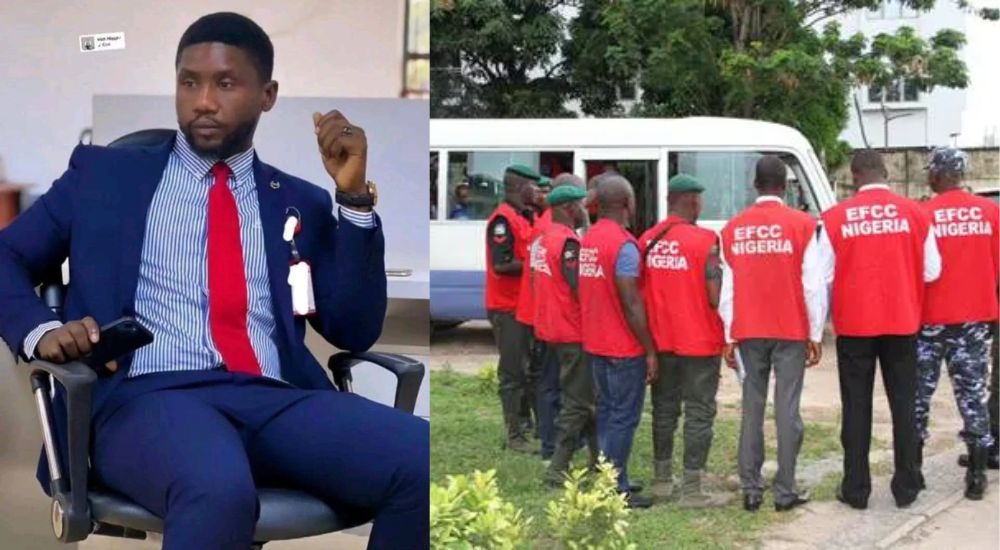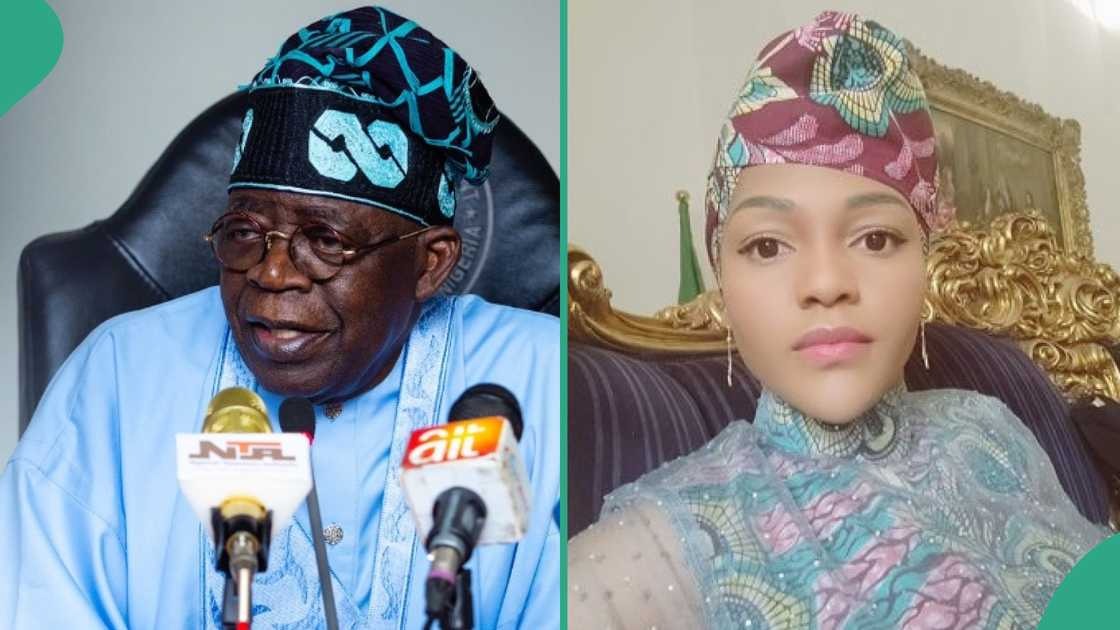The Federal Fire Service (FFS) faced a significant setback Friday when the National Assembly Joint Committee on Interior abruptly halted its budget defense session. Lawmakers committee, co-chaired by Senator Adams Oshiomhole and House of Representatives counterpart Abdullahi Aliyu Ahmed, expressed deep concern over glaring discrepancies in the agency’s 2025 budget proposal and its 2024 performance.
“What you wrote contradicts what you are saying, and we hold you to your written statements,” Oshiomhole declared, highlighting a particularly alarming issue: the inconsistent pricing of firefighting trucks. Identical trucks, procured from the same company, were listed at vastly different prices – ₦1.5 billion in one instance and ₦2.5 billion in another.
While FFS Controller General Jaji Abdulganiyu Idris attributed these discrepancies to variations in tanker sizes, lawmakers remained unconvinced. “This appears to be over-padding or over-invoicing,” Oshiomhole asserted, emphasizing the need for detailed explanations and supporting documentation.
Read Also:
Otudeko, Onasanya Arraignment Stalled Amidst Service of Process Controversy
Ajaokuta Steel Project: Lawmakers Grill Minister Over Fresh Audit, Budget Irregularities
The committee also raised serious concerns about ongoing projects, criticizing the lack of clear specifications and contractual commitments. The FFS 2025 budget proposal included a staggering ₦603 billion in projected outstanding payments, leaving lawmakers perplexed by the lack of clarity on these commitments.
“We need to appreciate the difference between contract commitments and proposals,” Oshiomhole stressed. “Without proper documentation, this committee cannot approve your budget.”
He emphasized the importance of fiscal responsibility, reminding the agency that “every ₦10 lost by MDAs, when multiplied across all agencies, becomes an alarming figure. We must ensure that the little drawn is properly distributed so that every Nigerian gets a sip, especially the poor.”
Furthermore, the committee questioned the FFS’s ability to accurately report its revenue generation. Idris presented manual receipts as evidence, which the committee swiftly rejected as insufficient. Lawmakers demanded verifiable bank statements and supporting documentation from the Accountant-General’s office.
Frustrated by the numerous discrepancies and the lack of transparency, the committee ultimately halted the budget defense session. “Work on your documents and submit a proper presentation to this committee,” Oshiomhole warned. “Otherwise, there will be zero allocation for the agency.”
This incident underscores the lawmakers’ commitment to fiscal transparency and the efficient use of public funds. It serves as a stark reminder that public trust in government spending hinges on accountability and the responsible use of taxpayer money.
